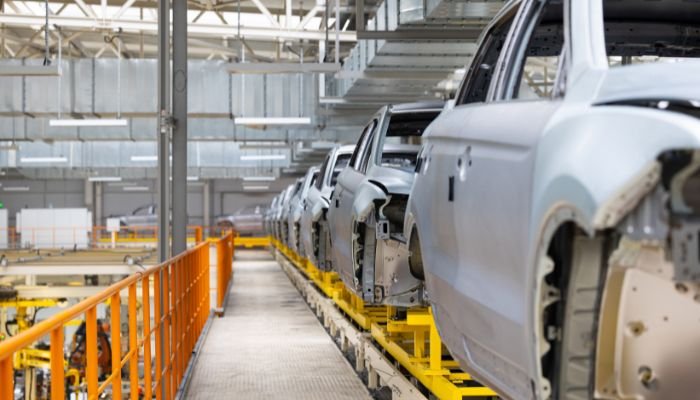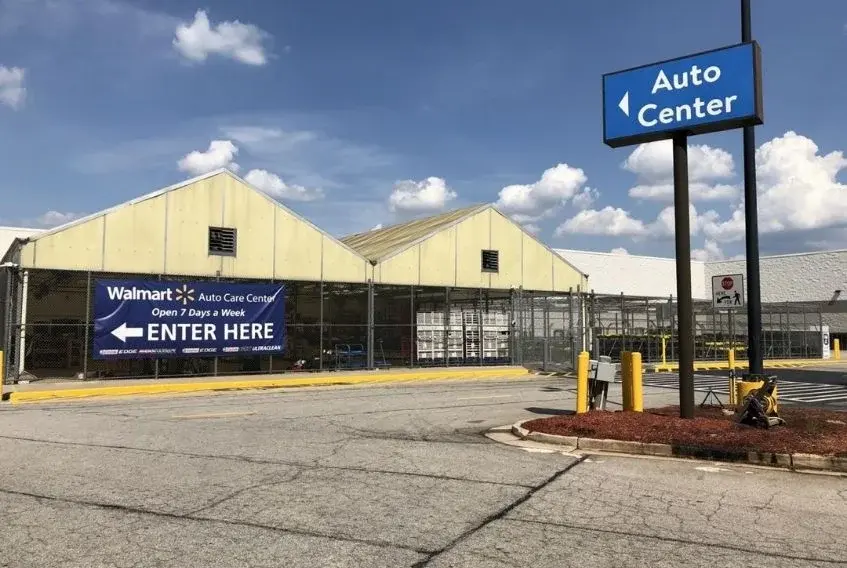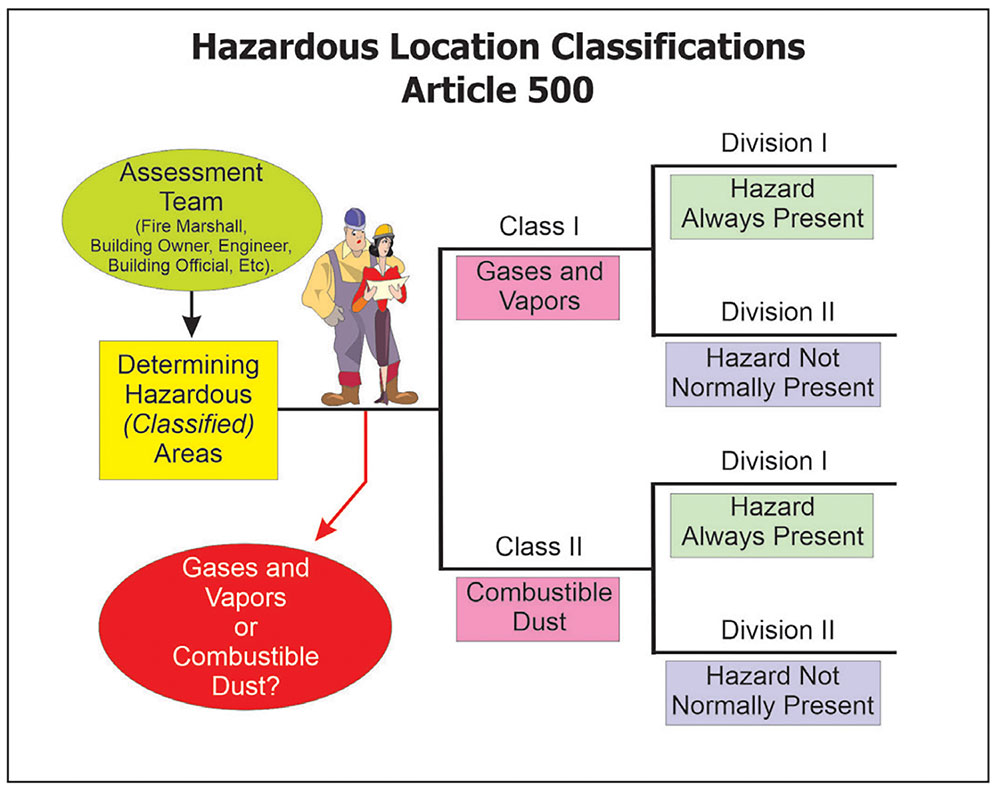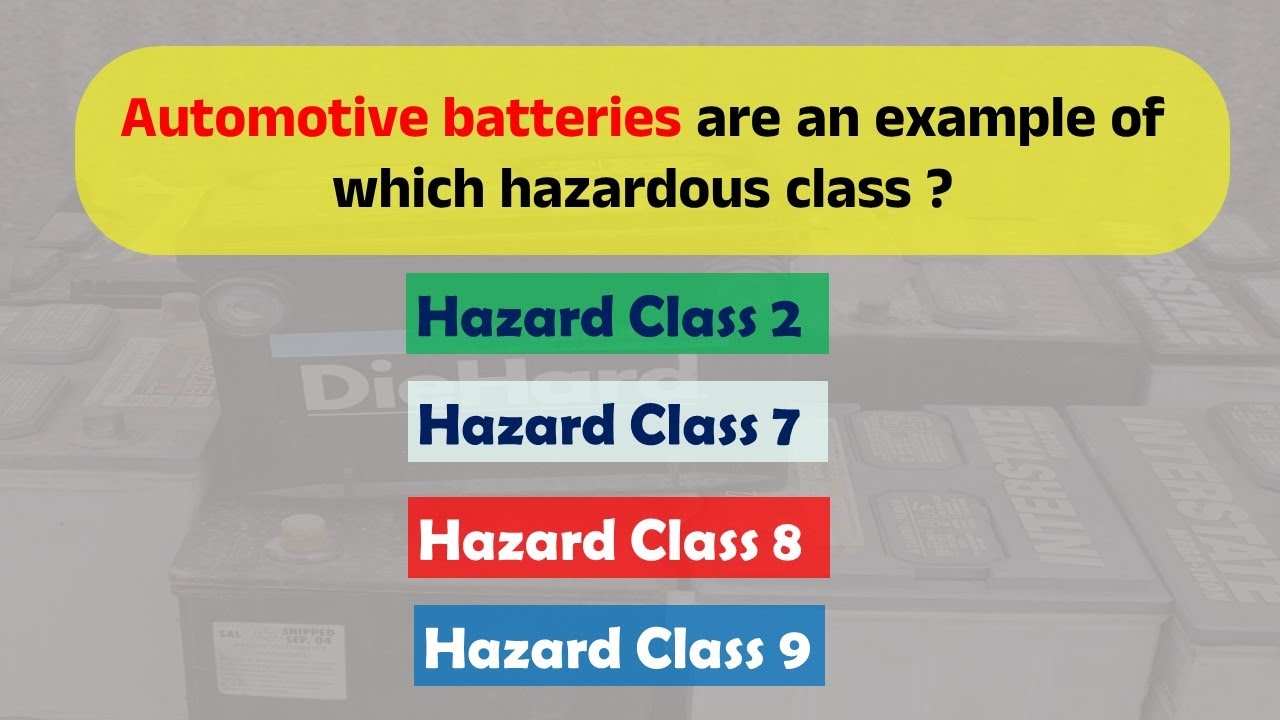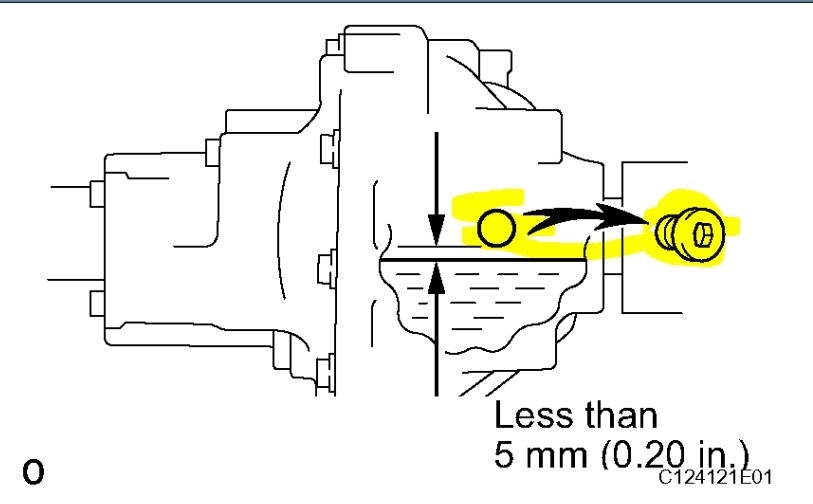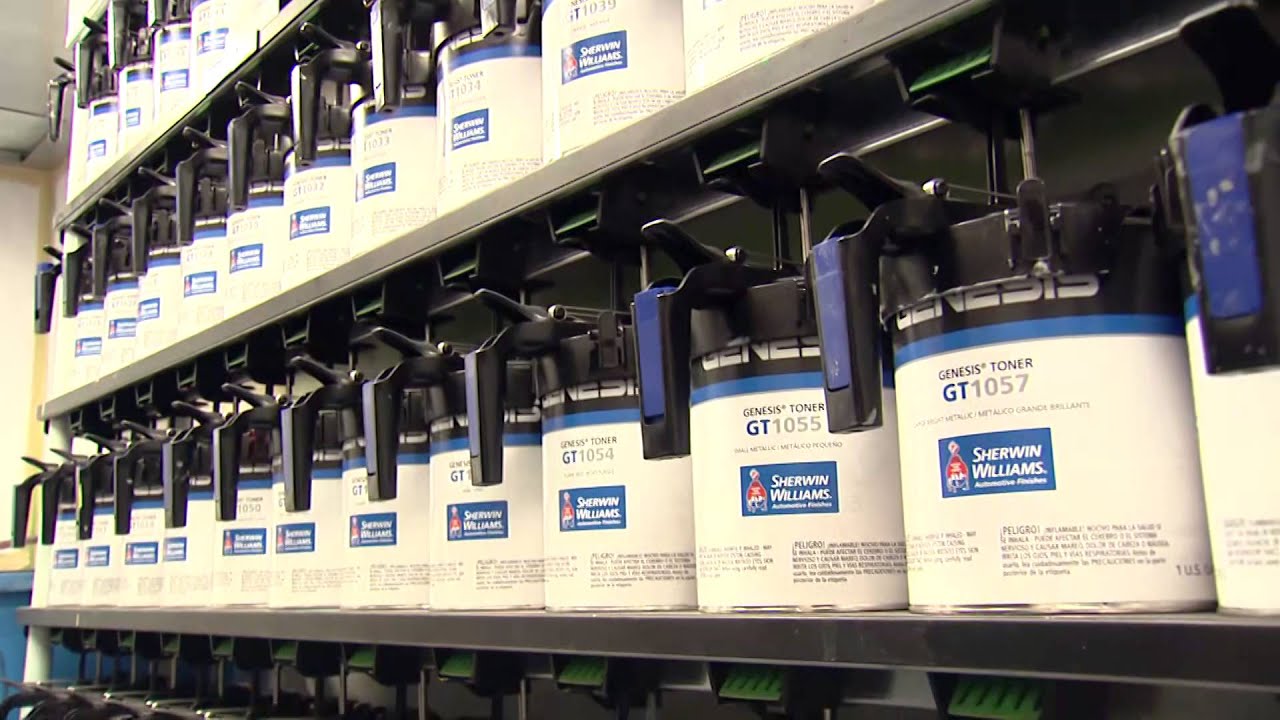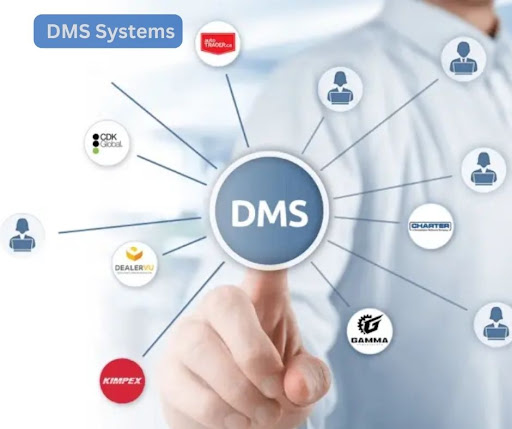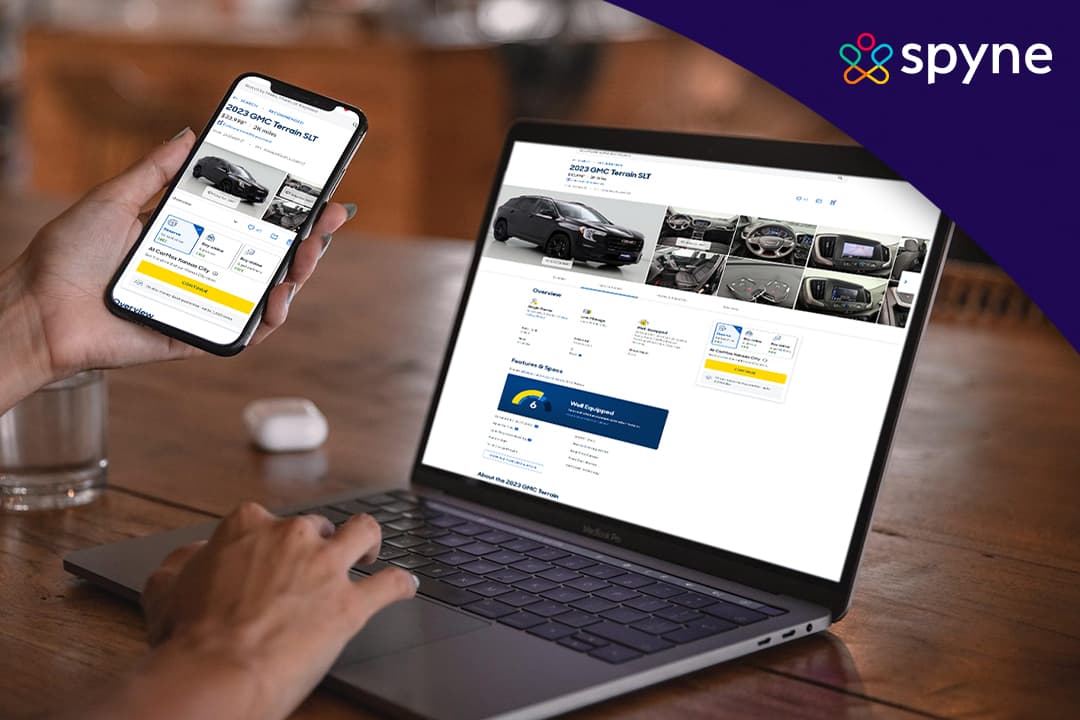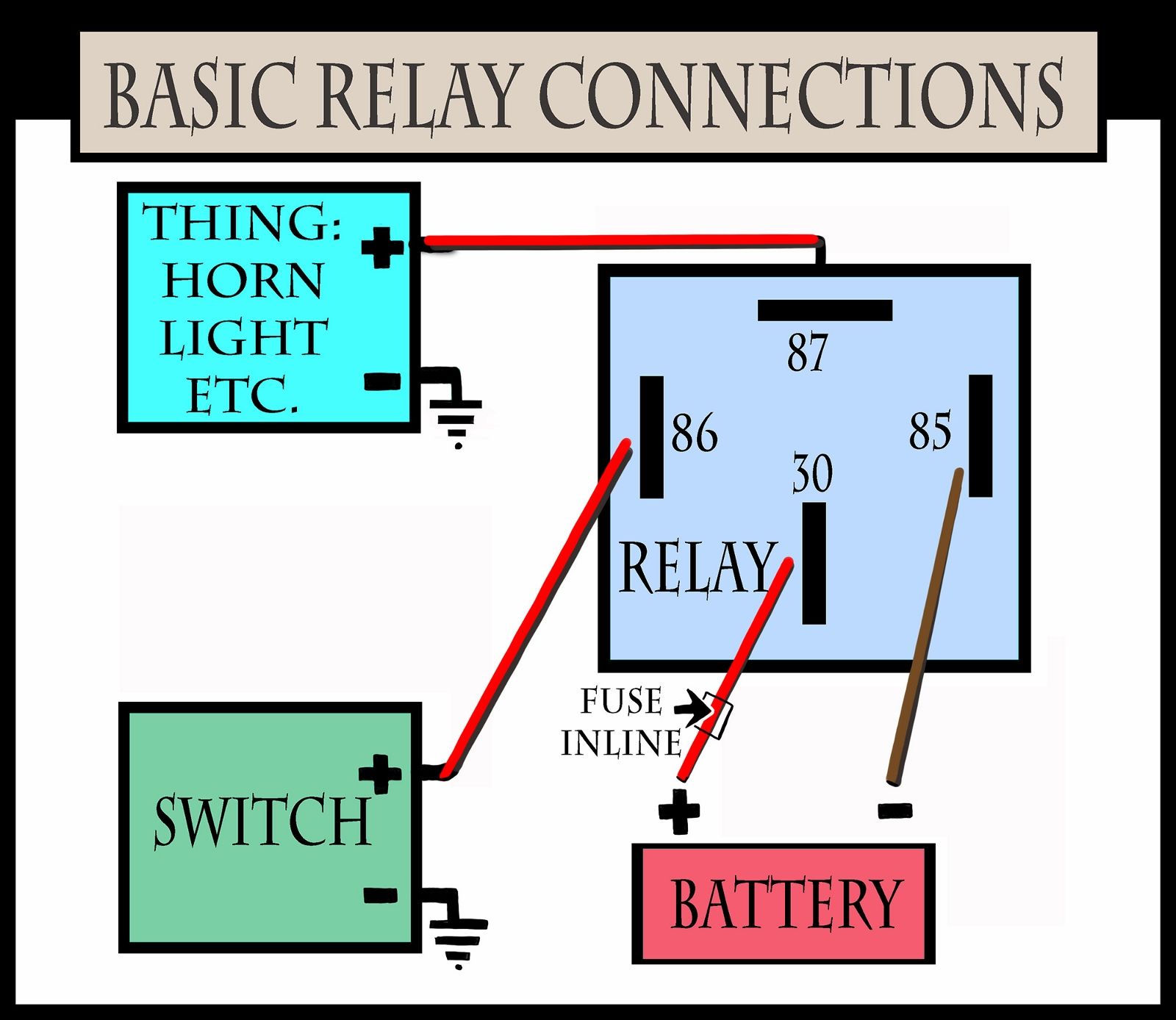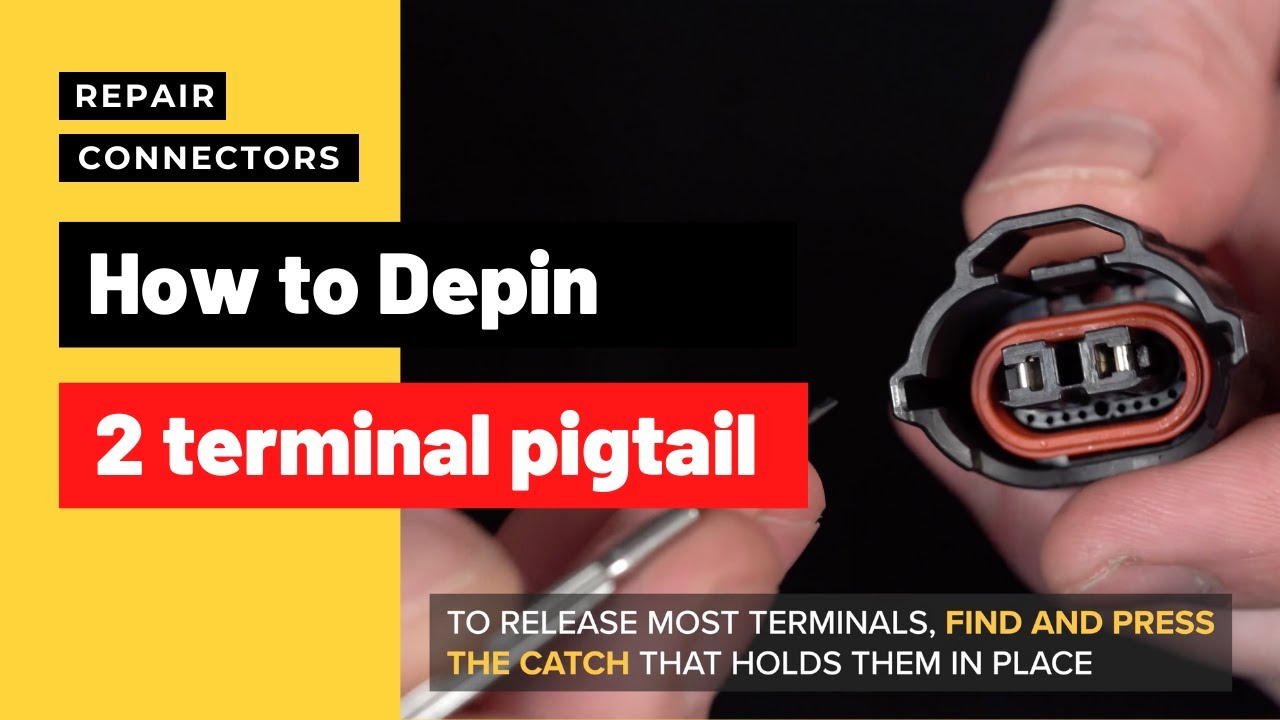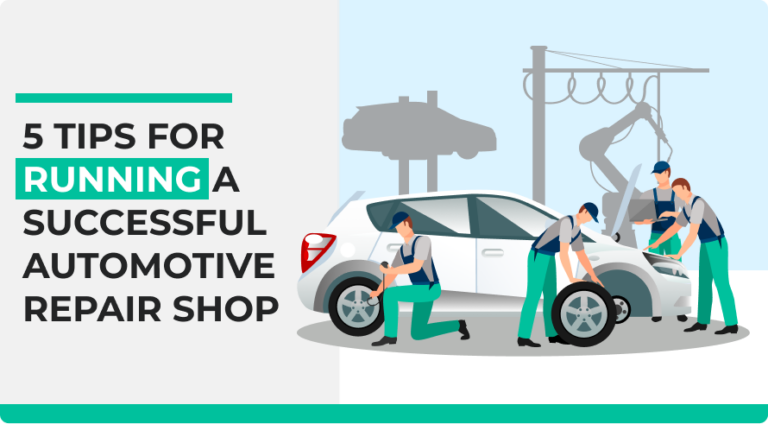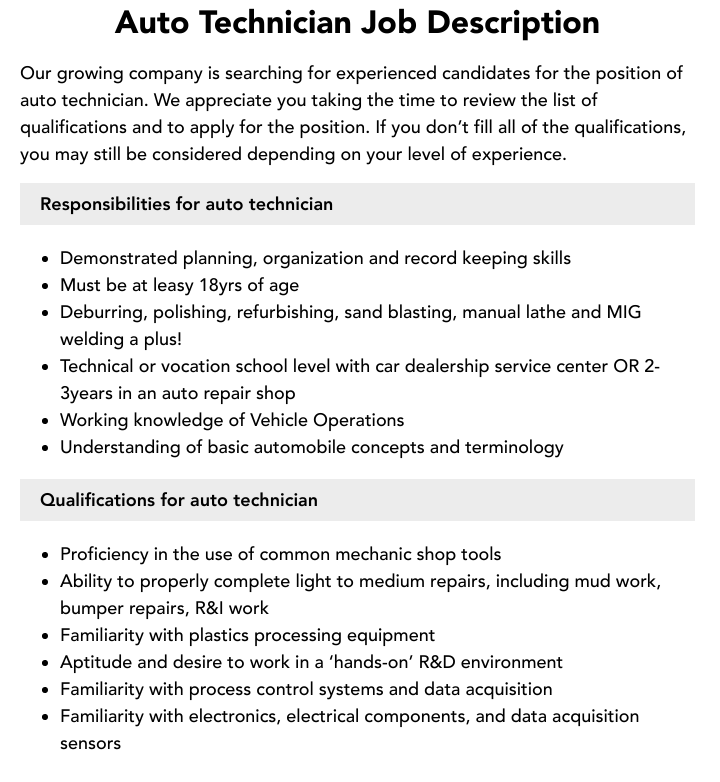Buyback Cars: Understanding Vehicle Repurchases and What They Mean for Buyers
What’s a buyback car?
A buyback car is a vehicle that has been repurchase from its original owner, typically by the manufacturer or dealership. These repurchases happen for various reasons, but well-nigh usually occur due to persistent mechanical issues, safety concerns, or legal requirements. Understand buyback vehicles is crucial for consumers consider such purchases, as they come with unique considerations regard value, reliability, and legal implications.
Types of vehicle buybacks
Manufacturer buybacks (lemon law repurchases )
The virtually common type of buyback vehicle results from state lemon laws. When a new vehicle exhibits substantial defects that can not be repair after multiple attempts, manufacturers may be lawfullyrequiredrepurchasingse it from the consumer. These vehicles are usuallyreferredr t” s ” lemons. ”
For a vehicle to qualify under lemon laws, it is typically must:
- Have a substantial defect cover under warranty
- Remain unfixed after a reasonable number of repair attempts (unremarkably 3 4 attempts )
- Be out of service for a certain number of days (frequently 30 cumulative days )
- Have issues that importantly impair the vehicle’s use, value, or safety
Each state have specific lemon law provisions, but all aim to protect consumers from defective vehicles. When manufacturers repurchase these vehicles, they must typically disclose the buyback status to future buyers.
Voluntary manufacturer buybacks
Sometimes manufacturers voluntarily repurchase vehicles external of lemon law requirements. This might happen during:
- Goodwill gestures to maintain customer satisfaction
- Preemptive action for vehicles with know issues
- Resolution of customer complaints before they escalate to legal action
These voluntary buybacks may not carry the same disclosure requirements as lemon law buybacks, though ethical manufacturers typically notwithstanding disclose the vehicle’s history.
Dealer buybacks
Dealer buybacks occur when a dealership repurchases a vehicle from a customer. Thishappensn for various reasons:
- Customer dissatisfaction with the vehicle
- As part of trade in negotiations
- Through dealer buyback programs design to maintain inventory
- To resolve disputes with customers
Dealer buybacks mostly don’t carry the same stigma or disclosure requirements as manufacturer buybacks under lemon laws, unless the buyback was related to significant defects.

Source: carbuyback.co.nz
How to identify a buyback vehicle
Title branding and disclosure
Lemon law buybacks typically receive a” brand title ” ndicate their status. This brand vavariesy state but may appear as:
- ” lLemonlaw buyback ”
- ” mManufacturerrepurchase ”
- ” wWarrantyreturn ”
Most states require explicit disclosure of a vehicle’s buyback status to potential buyers. This disclosure should appear on the vehicle’s title and in any sales documentation.
Vehicle history report
A comprehensive vehicle history report from services like CARFAX or autocheck oftentimes reveal buyback status. These reports typically show:
- Title brand information
- Ownership history, include manufacturer reacquisition
- Records of repeat repairs for the same issue
- Warranty work history
Ever obtain a vehicle history report before purchase any use car, specially if you suspect it might be a buyback.
Physical indicators
Some states require physical indicators of buyback status:
- Decals on the vehicle (oftentimes on the doorjamb or under the hood )
- Special documentation in the glove compartment
- Notation on the vehicle’s service records
Pros and cons of purchasing a buyback vehicle
Potential benefits
Lower purchase price
The nearly significant advantage of buyback vehicles is their reduce price. These cars typically sell for 20 40 % below market value for comparable non buyback vehicles. This discount reflect the vehicle’s history and the market’s perception of increase risk.
Repaired issues
Before resell buyback vehicles, manufacturers typically:
- Address the specific problems that lead to the buyback
- Perform comprehensive inspections
- Make necessary repairs to ensure the vehicle meet safety and performance standards
In some cases, these vehicles receive more thorough attention than regular use cars.
Extended warranties
Many manufacturers offer extend warranties specific to buyback vehicles. These warranties oftentimes:
- Cover the antecedent problematic components
- Extend beyond the original warranty period
- Provide additional peace of mind for buyers
Potential drawbacks
Stigma and resale challenges
Buyback vehicles carry a permanent stigma that affect:
- Future resale value, which remain importantly lower than comparable vehicles
- The pool of potential buyers, amp many avoid buyback vehicles
- Financing options, as some lenders restrict loans for branded title vehicles
Persistent issues
Despite repairs, some buyback vehicles continue to experience problems:
- Intermittent issues may be difficult to diagnose and repair entirely
- Complex electronic or system integration problems might recur
- Some repairs address symptoms quite than root cause
Insurance considerations
Insurance for buyback vehicles can present challenges:
- Some insurers charge higher premiums for branded title vehicles
- Others may limit coverage options
- A few insurers might decline coverage wholly
Legal protections and considerations
Disclosure requirements
Federal and state laws govern buyback disclosures:
- The Manson moss warranty act provide federal protections for consumers
- State lemon laws specify disclosure requirements for resold buyback vehicles
- Most states require write notification of buyback status before purchase
Warranty considerations
Buyback vehicles oftentimes come with modify warranty terms:

Source: rupayrajat.com
- Manufacturer specific buyback warranties may replace or supplement original warranties
- Coverage oftentimes focus on antecedent problematic systems
- Terms and conditions may differ importantly from standard warranties
Your rights as a buyer
When purchase a buyback vehicle, you have specific rights:
- The right to full disclosure of the vehicle’s history and buyback status
- Access to repair records relate to the issues that prompt the buyback
- Protection against fraudulent misrepresentation
- State specific consumer protections for use vehicle purchases
How to make an informed buyback purchase
Research the specific issues
Before purchase a buyback vehicle:
- Request documentation about the specific problems that lead to the buyback
- Research whether these issues are common for that make and model
- Understand what repairs were performed and by whom
- Check if the issues were mechanical, electrical, or relate to safety systems
Professional inspection
Invariably have a buyback vehicle inspect by:
- A trusted independent mechanic familiar with the specific make and model
- A specialist in the systems that antecedent experience problems
- Someone who can perform comprehensive diagnostic testing
This inspection should be more thorough than for a typical use car purchase.
Negotiate suitably
When negotiate for a buyback vehicle:
- Research the price difference between buyback and non buyback versions of the same model
- Consider future resale challenges when determine a fair price
- Factor in the cost of potential future repairs relate to the original issues
- Use the vehicle’s history as leverage for additional warranty coverage
Alternatives to buyback vehicles
Certified pre own vehicles
Certified pre own (cCPO)programs offer an alternative with:
- Comprehensive inspections and recondition
- Extended manufacturer warranties
- Vehicle history verification
- Higher prices than buybacks but greater peace of mind
Regular use vehicles with clean histories
Standard use vehicles with clean histories provide:
- No title brand concerns
- Better resale potential
- Easier financing and insurance options
- A wider selection in the marketplace
Lease returns
Off lease vehicles much represent good value because:
- They typically have lower mileage
- Maintenance is commonly improving to date due to lease requirements
- Many come from the first owner with a complete service history
- They avoid the stigma of buyback status
Conclusion
Buyback cars represent a complex segment of the use vehicle market. While they offer significant cost savings, they come with important considerations regard history, repairs, and future value. For the informed buyer willing to conduct thorough research and accept some level of risk, buyback vehicles can represent excellent value. Nonetheless, they’re not suitable for everyone, peculiarly those who prioritize hassle-free ownership or future resale value.
Before will purchase a buyback vehicle, will ensure you understand its specific history, have it professionally will inspect, and will consider how its branded status will affect your ownership experience. With proper due diligence, a buyback car might be the right choice for budget conscious buyers willing to trade some peace of mind for significant savings.
MORE FROM promospotlight.com
